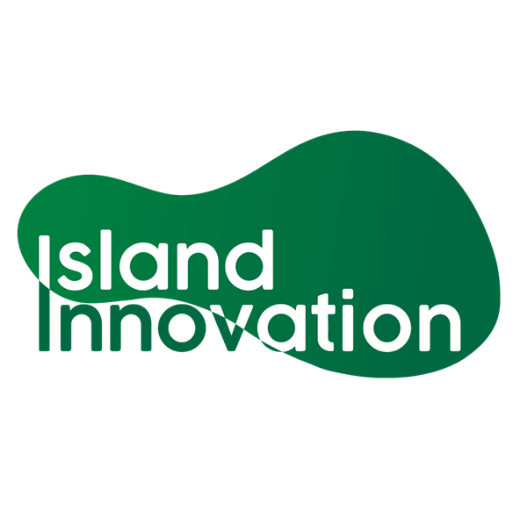You might have noticed it has been a while since the last newsletter. But I have a good excuse! I have been reaching the end of my Masters Degree in Island Studies at the University of the Highlands and Islands (UHI), Scotland. This course is based in the Institute for Northern Studies in the Orkney Islands, and focuses on the study of island communities both in Scotland and internationally. My dissertation is a comparative study of renewable energy in sub-national island jurisdictions using the case studies of Eigg, Scilly and Tokelau – I will be publishing parts of it in the future!
Given my own travel schedule this year, it would have been very difficult to take part in most Masters programs. However, the best (or worst?!) thing with this degree is that so far I have not even needed to visit Orkney! My first ever trip to this part of Scotland will in fact be for the graduation ceremony in September. UHI is still a young institution, only receiving university status in 2011, and is embracing technology with its Virtual Learning Environment.
UHI was originally founded to provide access to education in the remotest parts of Scotland, partly as a way to reverse emigration and reduce brain drain. Now the university is being attended by a growing number of people from across the world who want to access its forward-thinking education system. My classes were attended by lecturers and students from Shetland, Skye and the Western Isles. We even had guest lectures from the Falkland Islands, Prince Edward Island, Greenland, Iceland and the Isle of Man!
All this is to say that technology is now a lifeline for island communities, and is changing the ways that islands can learn from and interact each other. With UHI, I recently attended the International Island Studies Association conference on the Dutch island of Terschelling, which brought together academics from a broad range of disciplines together to discuss “islandness“.
A growing number of universities are embracing island studies as a discipline in its own right, and for me the biggest value is sharing diverse experiences and building bridges (virtually!) to learn lessons from diverse places. Hopefully this newsletter can help to be that bridge between different islands and between academia and practice!




